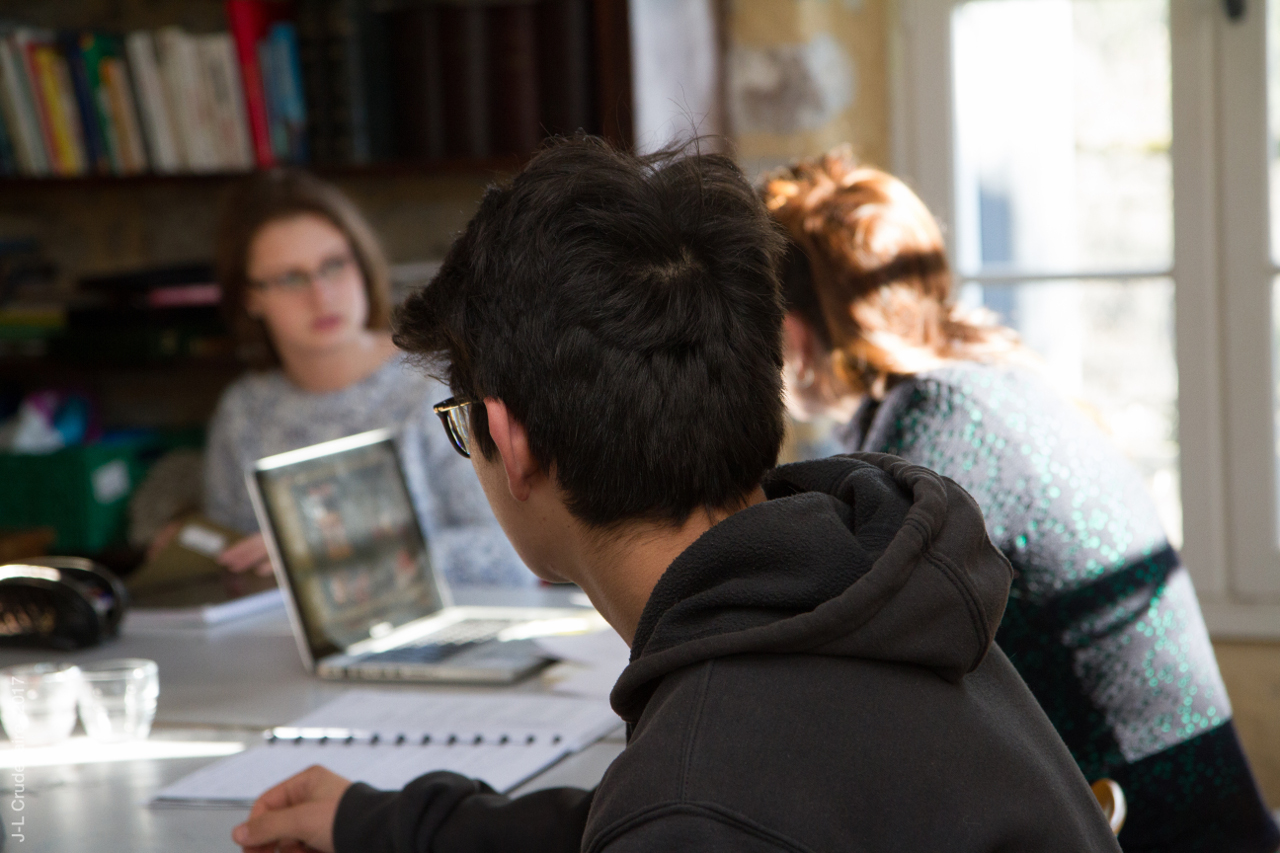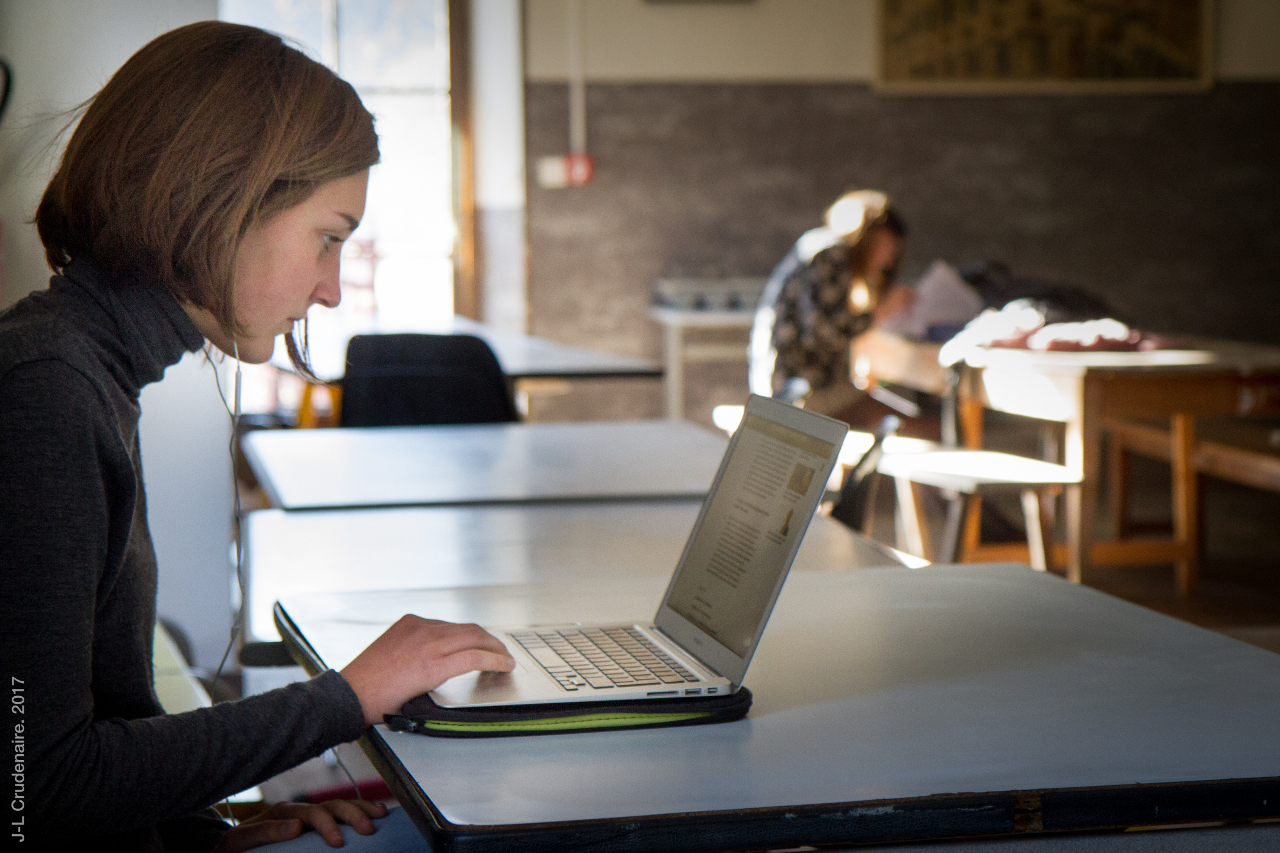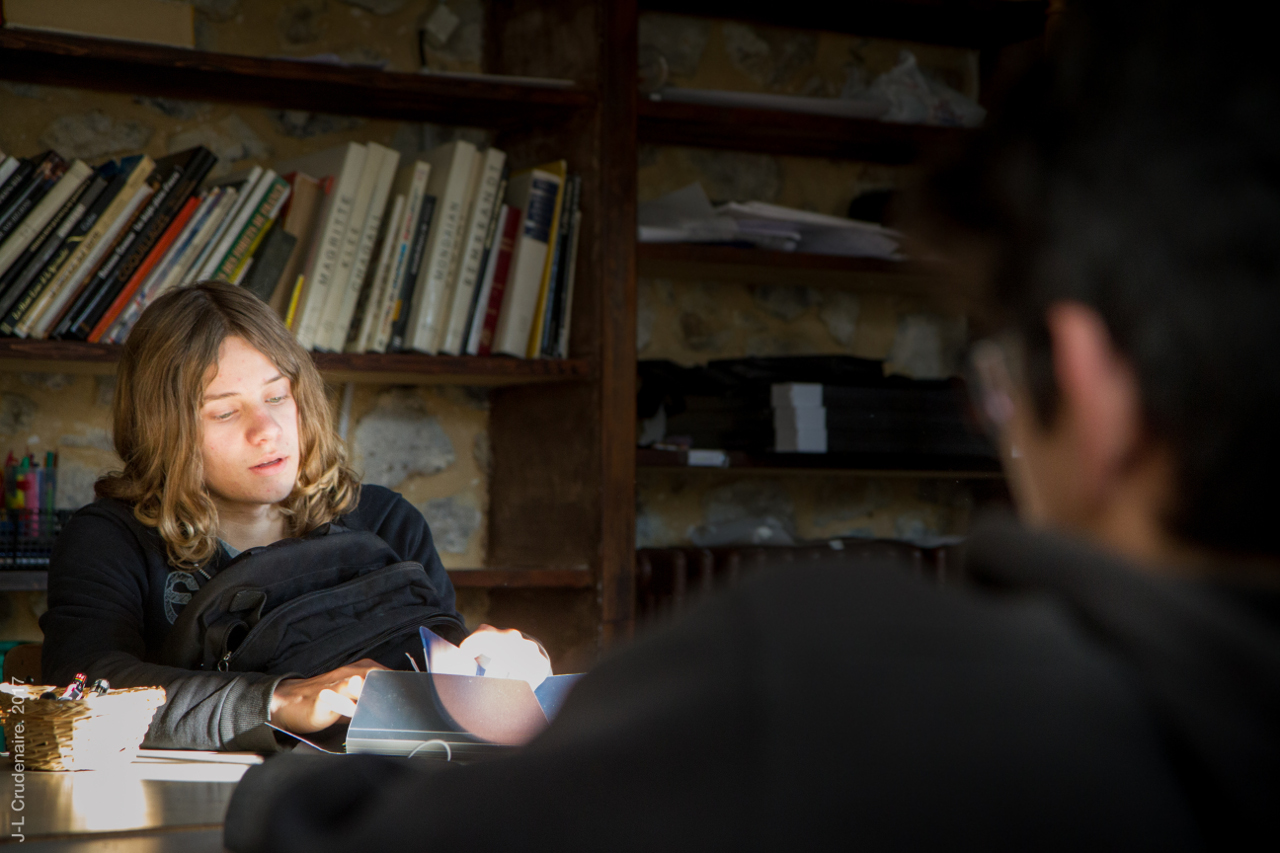The school year is divided into five seven week periods, interspersed with two weeks of vacation. This rhythm corresponds to modules of six weeks of classes, plus one week of interdisciplinary project work. At the end of each period the lower and upper sixth sit mock exams in their respective subjects. A school report is issued every quarter, enabling students to evaluate their progress over time. Marks can be accessed immediately via the GEPI software.
The Scholae timetable is elaborated in line with recent studies concerning the chrono-biological rhythms of teenagers and adolescents. The idea is to get away from hour after hour of classes and to take into account the biological and psychological aspects related to learning pace.
The morning, a moment of optimal vigilance and concentration, is devoted to classes in five fundamental areas:
- Written expression
- Modern Languages
- Mathematics
- Social sciences
- Experimental sciences
Transdisciplinarity, which takes up an essential part of teaching time, raises young people’s awareness of the interaction and cooperation of the discourses present in society. Through linking two disciplines in order to respond to a problem or issue, transdisciplinarity complements the specialization of specific classes; It enables a more authentic approach to the complexities of the world as well as a the building up of knowledge through argument and respect for all points of view.
Scholae also offers students the opportunity to prepare for Cambridge English First, also known as First Certificate in English (FCE), level B2, and the Cambridge Diploma English Certificate (CEC), level B1. These diplomas are recognized in higher education establishments and can be useful for study abroad
in the framework of ERASMUS for example. For allophone pupils, Scholae also prepares for the Diploma examinations French-language studies (DELF – junior) levels A1 to B2.


